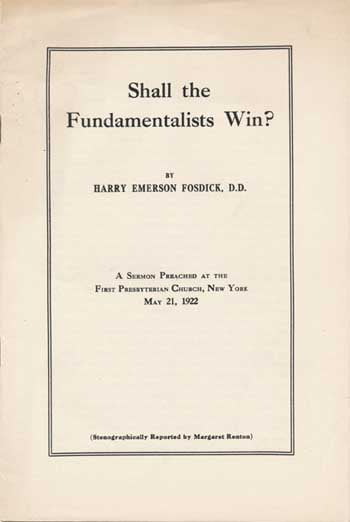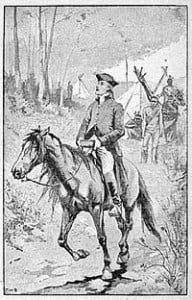This Day in Presbyterian History:
Little of the Power and Life of Religion
In New Castle, Delaware, Pastor George Gillespie took an opportunity to write to a pastor friend in Scotland, for “the interest of the Glorious Christ.” Written on July 16, 1723, Pastor Gillespie made reference to two hundred Scotch-Irish Presbyterian families who had recently left the old country to move to Pennsylvania.
In the letter, George Gillespie rejoiced that “the glorious Christ has great designs in America” with the arrival of these Reformed families from Ireland. A many congregations had been erected and were continuing to be organized. However, with the increase of both people and churches, there was to his disappointment “little of the power and life of religion” with them. He prays in acknowledging that fact that “the Lord disappoint his fears” for the state of Christianity in the new shores.
The Scottish minister then gave the following statistics, that out of thirty ministers and licentiates in their synod, some six of the number had been “grossly scandalous.” Discipline had taken place upon these six ministers, with the most severe censure that of suspension for four Sabbaths from the pulpit and means of grace. It was interesting that one of the sins charged against one Robert Laing was that he had taken a bath on the Lord’s day. George Gillespie noted that the latter minister “is the first from Scotland to be grossly scandalous in our parts.”
Pastor Gillespie ended his letter to his friend with some prayer requests that the latter be a great prayer warrior for “the infant church of Christ in America, and that the Lord would purify the sons of Levi.” He also prayed that “the faithful God hasten the time when He would fulfil His promise in Isaiah 59:19 that ‘they will fear His name from the West.'”
Words to Live By: In our world, and even church world now, the charges of sin, like taking a bath on the Lord’s day, are not considered a scandal which needs discipline. Indeed, it would more so be considered a necessity, or perhaps one of mercy to all those who might find themselves around him on that day! But nevertheless, we see one of the marks of the true church, namely, that of discipline being carried out in the Lord’s name. That is ever a sign of a pure church. Pray much for those elders who must administer discipline as well as those members under church discipline today, that they might be restored to the fellowship of the saints by repentance and renewal.
Through the Scriptures: Isaiah 28 – 30
Through the Standards: Proof texts of the fourth commandment:
Deuteronomy 5:12 – 15
“Observe the Sabbath day by keeping it holy, as the LORD your God has commanded you. Six days you shall labor and do all your work, but the seventh day is a Sabbath to the LORD your God. On it you shall not do any work, neither you, nor your son or daughter, nor your manservant or maidservant, nor your ox, your donkey or any of your animals, nor the alien within your gates, so that your manservant and maidservant may rest, as you do. Remember that you were slaves in Egypt and that the LORD your God brought you out of there with a mighty arm and an outstretched arm. Therefore the LORD your God has commanded you to observe the Sabbath day.” (NIV)Genesis 2:2, 3
“By the seventh day God had finished the work he had been doing; so on the seventh day he rested from all his work. And God blessed the seventh day and made it holy, because on it he rested from all the work of creating that he had done.” (NIV)Isaiah 58:13, 14
“If you keep your feet from breaking the Sabbath and from doing as you please on my holy day, if you all the Sabbath a delight and the LORD’s holy day honorable, and if you honor it by not going your own way and not doing as you please or speaking idle words, then you will find your joy in the LORD, and I will cause you to ride on the heights of the land and to feast on the inheritance of your father Jacob. The mouth of the LORD has spoken.” (ESV);Revelation 1:10
“On the Lord’s Day I was in the Spirit . . .” (NIV)



